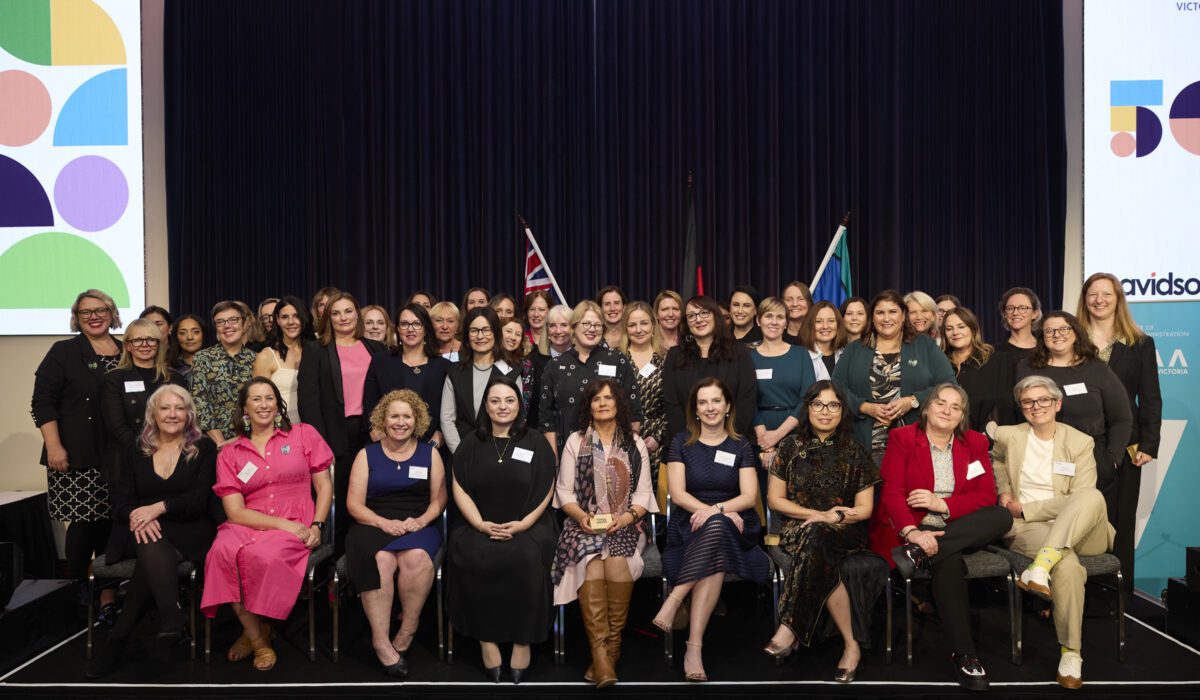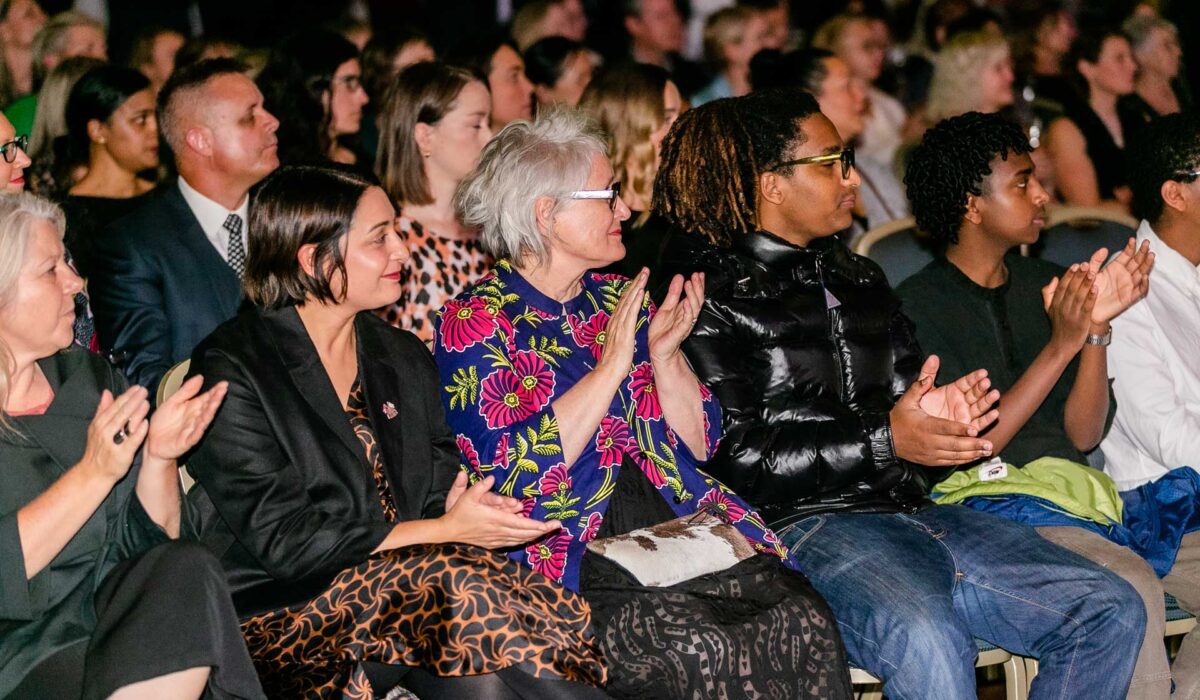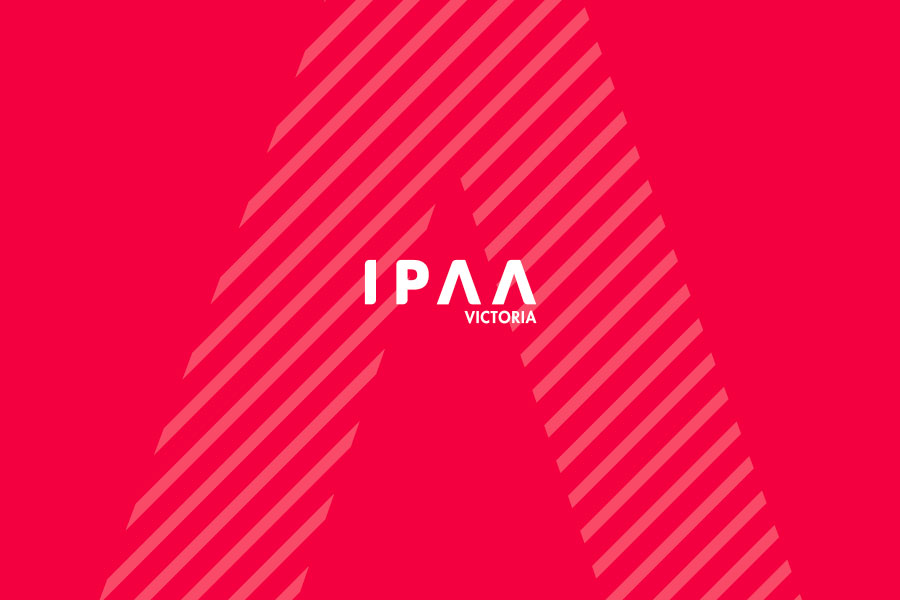
At IPAA Victoria’s Advancing inclusion in the Victorian public sector: Infrastructure in focus event in February 2024, Dr Niki Vincent, Commissioner for Gender Equality in the Public Sector, delivered a keynote address on understanding the importance of the Act and key indicators from the first round of reporting.
Women are more likely than men to retire in poverty and older women are the fastest growing group to experience homelessness in Australia. These stark facts and the recent news coverage the persistent Gender Pay Gap fuel the growing calls for gender equality and women’s financial empowerment.
At IPAA Victoria’s Advancing inclusion in the Victorian public sector: Infrastructure in focus event in February 2024, Dr Niki Vincent, Commissioner for Gender Equality in the Public Sector, delivered a keynote address on understanding the importance of the Act and key indicators from the first round of reporting.
In 2020, the Gender Equality Commission was established to oversee the implementation of the Gender Equality Act 2020, which requires the Victorian public sector, local councils and universities to take positive action towards achieving workplace equality.
Drivers of gender inequality in the workplace
Despite advances to women’s access to education and workforce participation in the past 50 years, women’s paid employment has continued to be concentrated in a relatively narrow range of occupations and sectors, with high levels of part-time work.
Dr Vincent touched on vertical gendered segregation – whereby men dominate higher-level roles – and horizontal gendered segregation – the “walls” which separate men and women from working in the same industries – as reasons why gender inequality and the gender pay gap persist.
Sectors continue to see gender segregation with construction remaining the biggest male-dominated workforce in Australia, with a low proportion of women working in mining and STEM workforces. Healthcare, however, remains a feminised sector yet men still disproportionately hold managerial and leadership positions.
Why is the Gender Equality Act important for professionals in the sector?
The first of its kind in Australia, the Gender Equality Act 2020 commenced in 2021 and covers 300 organisations and over 450,000 employees across the public sector, including agencies and organisations leading major public infrastructure projects. The Act requires an audit against the following indicators:
- Gender composition of the board
- Gender composition of all levels
- Recruitment and promotion practices
- Leave and flexible work
- Pay gap
- Gendered segregation
- Sexual harassment.
Key indicators from the first round of reporting
The Commission’s baseline audit found women are underrepresented in senior leadership roles across the Victorian public sector and a pay gap was found in all occupations in favour of men.
Dr Niki Vincent touched on the Commission’s report Intersectionality at Work, which exacerbates gender inequality when combined with intersecting forms of inequality, including ethnicity, ability, sexual orientation, gender identity, religion, race and age.
Some key insights include:
- While women comprise 66 per cent of the public sector workforce, only 46 per cent hold senior leadership roles. Transport has the lowest levels, with women in the workforce and leadership roles at 25 per cent and 22 per cent, respectively.
- Women with disabilities, culturally and racially marginalised women and gender-diverse employees were paid about 18 per cent less than their male counterparts.
- The largest gap was between First Nations women and non-Indigenous men at 21 per cent.
- Women were less likely than men to hold managerial positions across all age groups.
- Only 7 per cent of senior or management roles are offered on a part-time basis.
In her concluding remarks, Dr Niki Vincent encouraged organisations present to embrace flexible working arrangements, including job-sharing opportunities, at the manager and executive level and hopes that the audit will build a comprehensive picture of gender equality progress in Victoria.
IPAA Victoria’s role
As the peak professional association for the Victorian public purpose sector, IPAA Victoria plays an integral role in holding space for leaders and professionals at all levels of government to meet and share information. Our Diversity and Inclusion Series aims to produce and provide thought-provoking and outcomes-based dialogue about the sector’s diverse and dynamic workforce, and ways to harness the power of diverse backgrounds, identities and lived experiences. The recent International Women’s Day Gala Dinner is a hallmark of IPAA Victoria’s commitment to fostering a robust dialogue about gender equality in the sector.
This year’s speakers Danielle Wood, Chair, Productivity Commission, Dr Morley Muse, Co-founder, iSTEM Co. and DEIR Board Director, and Manasi Wagh, Manager, Economic Equality, all shared the sentiment that economic empowerment gives women opportunity and agency; an intersectionality lens should be applied to policymaking; and professionals should view gender inequality as “your” problem, not a woman’s problem.
Some resources to support professionals have conversations in the workplace include:
- Intersectionality at Work: Building a baseline on compounded gender inequality in the Victorian public sector, Commission for Gender Equality in the Public Sector.
- Victoria’s Women in Construction Strategy, Victorian Government.
- A 10-year-plan to unleash the full capacity and contribution of women to the Australian economy 2023 – 2033, Department of the Prime Minister and Cabinet, Australian Government.


